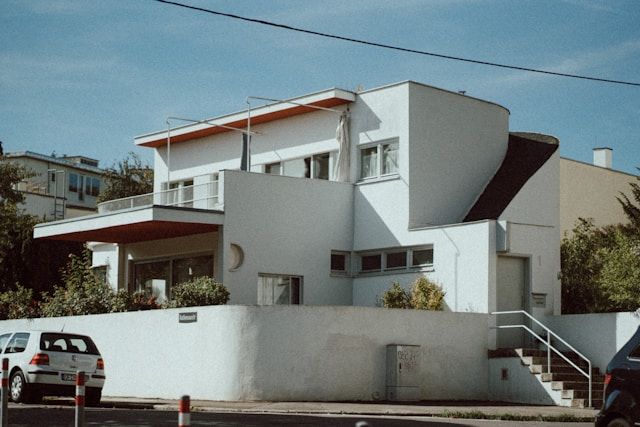Back
The Complete Washington Airbnb Host Lodging Tax Guide: Airbnb Washington Occupancy Tax Breakdown
Navigate Washington-specific lodging & occupancy taxes for Airbnb and VRBO rentals with our comprehensive guide for short-term rental owners.
April 30, 2025

Written by:
Jeremy Werden
April 30, 2025

⚡️
Reveal any property's Airbnb profitability
Whether you already have a successful rental or are just starting out in Washington, understanding your tax obligations is crucial to running a successful and compliant Airbnb business. Our guide breaks down the lodging taxes in Washington as of 2025, helping you navigate what you need to collect, what’s automatically handled, and how these taxes vary across different locations.
State-Wide Lodging and Occupancy Taxes in Washington
Washington imposes a statewide sales tax of 6.5% on all short-term lodging, which are rentals under 30 days. In addition, businesses must deal with special lodging taxes of up to 2%.
Washington law lets counties and cities impose two types of local lodging tax:
- Basic or State-Shared Lodging Tax: Up to 2% that is taken as a credit against the 6.5% state sales tax. This means guests don’t see an increase in their total tax bill, but the state’s portion of the sales tax on lodging effectively drops from 6.5% to 4.5%.
- Additional or Special Lodging Tax: Up to 2% is added on top of other state and local retail sales taxes, resulting in a higher total tax for the guest.
This can be a bit confusing. However, in summary, a short-term rental guest in Washington will always pay the state 6.5% lodging sales tax unless offset by the lodging tax credit, plus any applicable local lodging taxes. Local governments can then impose a basic city/county lodging tax of up to 2%, a special lodging tax of up to 2%, and any convention center or tourism-area charges. Guests do not pay the transient rental tax separately, because it is a credit against state sales tax, not an added fee.
Does Airbnb or VRBO Collect and Remit Taxes in Washington?
Airbnb and VRBO handle the collection of state and local lodging taxes in Washington automatically, so hosts usually do not need to manually collect those taxes.
However, hosts should confirm via their Airbnb/VRBO dashboards or city registration whether all required lodging taxes are being remitted on their behalf, and they must still report their gross rental income to the DOR for B&O tax purposes
City and County-Specific Local Tax Requirements
Many Washington cities and counties impose additional lodging taxes beyond the statewide rates. As mentioned, they can invoke a basic lodging tax, a special lodging tax, and convention fees or tourism fees.
Washington’s local lodging taxes can get very complicated. We highly advise using the official Washington State Tax Rate lookup tool to find your address and learn more about the specific lodging taxes that apply to your location.
Here are some of the most popular locations in Washington and their respective tax rates:

Example Lodging Tax Calculation For a Property in Seattle:
A 2-night stay at $140 per night.
- Total nightly Rate: $140 x 2 = $280
- Cleaning Fee: $50
- Total Listing Price for a 2-night stay: ($140 × 2) + $50 = $330
- Washington State Sales Tax (6.5%): $330 x 0.065 = $21.45
- Total Local City/County Sales and Use Tax (2.20%): $330 x0.022 = $7.26
- Total Special Taxes and Fees (7%): $330 x 0.07 = $23.1
- Total Tax Collected (15.70%): $51.81
- Total Guest Payment: $330 + $51.81 = $381.81
Wrapping Things Up
By understanding and complying with Washington’s lodging tax requirements, you’ll avoid potential penalties and ensure you’re contributing appropriately to the tourism infrastructure that ultimately benefits your short-term rental business. Remember that while platforms like Airbnb and Vrbo may collect many taxes on your behalf, you still have reporting obligations and may need to collect additional taxes depending on your specific location.
These tax ranges are meant for general information purposes. Local counties and even cities can have more specific rates that only apply to them. For this reason, we still highly recommend checking out the local STR regulations in your area or contacting local officials for more information.
Airbnb Tax Deduction Calculator
Paying too much in taxes? We have the perfect solution. Simulate an Airbnb home purchase below.
Purchase Price
$450K
Structure Value
70%
Apply Trump's Tax Cut (Bonus Depreciation)
Depreciation
$117,695
Interest
$21,600
Tax
$6,750
Year 1 Deduction
$146,045